9 Reasons You Didn't Get Along With The Popular Kids In School And It's Affecting You Now
High school wasn't a socially engaging time for everyone.
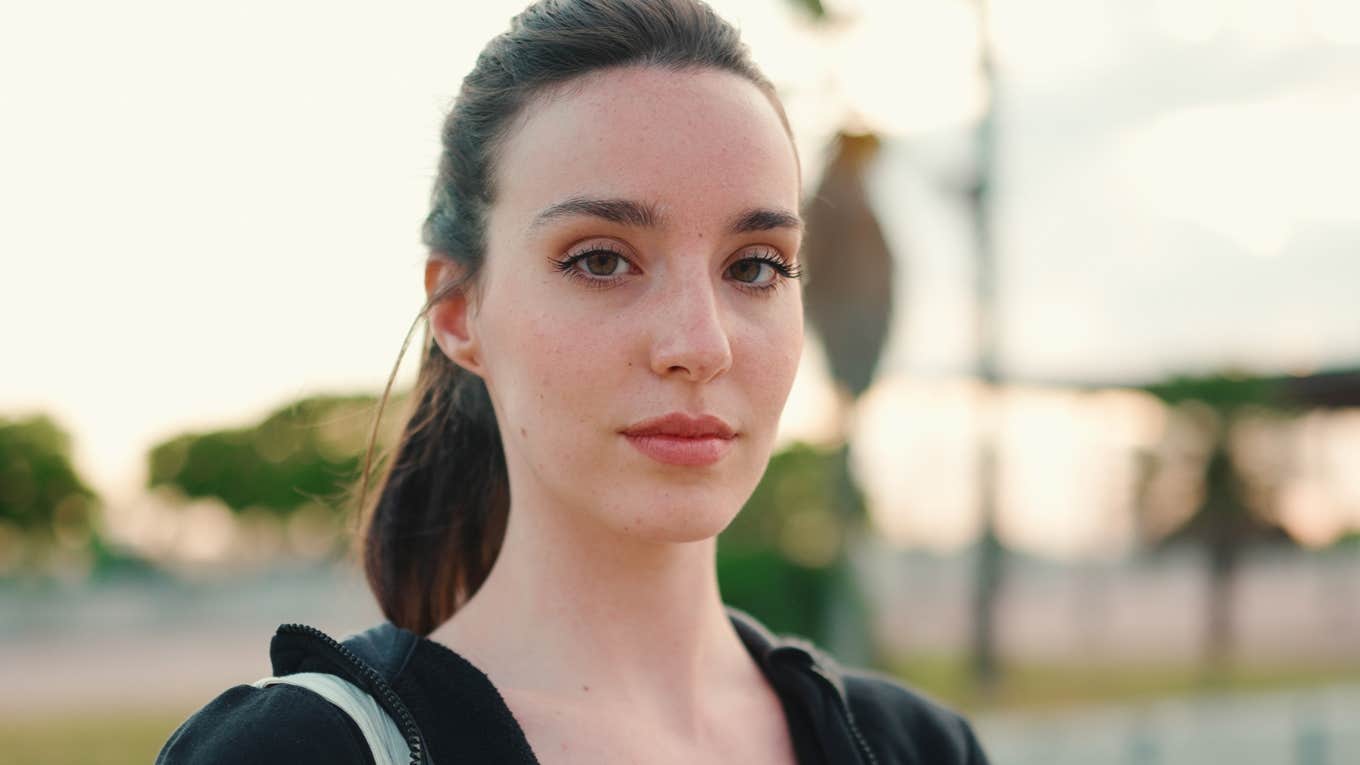 Andrii Nekrasov | Shutterstock
Andrii Nekrasov | Shutterstock Being in high school can prove challenging for some, due to the complex social dynamics involved in being a teenager. Finding friends and fitting in is a major concern for high school students, often more so than getting good grades.
The pressure to be cool can feel overwhelming, because much of high school revolves around being popular. The identities we develop as teenagers and our sense of self-worth can last into our adult years, so if you didn't get along with the popular kids, it could still be affecting you now.
Even if your high school years have long since passed, you probably still remember who the popular kids were. It's highly likely that they were athletic, conventionally attractive, and came from wealthy families. If you didn't check those boxes, you probably weren't part of the in-crowd.
Here are 9 reasons you didn't get along with the popular kids in school — and it's affecting you now
1. You had family struggles
 Elina Efimova | Shutterstock
Elina Efimova | Shutterstock
If you came from an unstable family background, it's likely that your focus wasn't on being popular, but on getting through what you were experiencing at home.
Healer Valeriya Divine spoke to the reasons why having family struggles separated you from the popular kids, noting, "Those popular kids, a lot of times, they were already getting their needs met. They weren't struggling to work out their survival or making sure that they're gonna be okay or trying to find connection with their parents, because the parents were already giving them that. They can focus on fostering and being in their friend group already versus someone who came from a toxic or dysfunctional family."
There's no way to truly know what someone's family life is like unless you're there with them. Yet kids who were raised by caring, available parents were most likely given the tools they needed to form secure connections. Kids whose parents couldn't provide those tools existed on a different plane than the popular kids, as they were channeling their energy toward healing their trauma, not toward their social life.
2. They didn't seek connection like you did
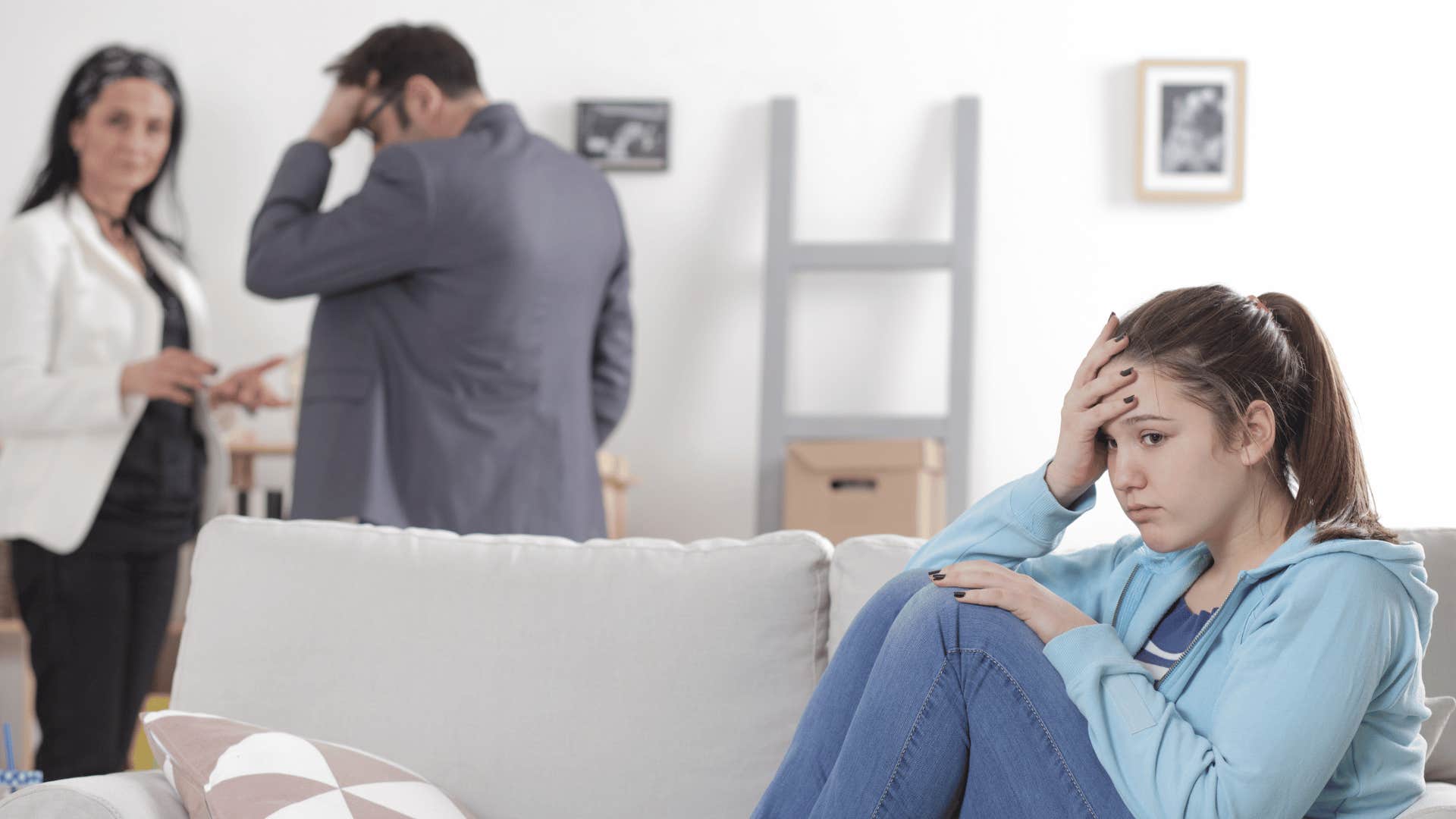 Nikodash | Shutterstock
Nikodash | Shutterstock
Divine also touched on the differences in how popular kids formed connections, as opposed to kids coming from "A dysfunctional place of lack." She noted that popular kids who grew up in wealthy neighborhoods and played the same sports "already had an established friend group."
"So, when you already have a community around you, if the caretakers are there, the friends are there, you're not looking for any more connections. Like, those kids already kind of had their cups filled," Divine explained. "If you're someone that grew up in a dysfunctional family, or you're a neurodivergent... You were most likely looking for connection."
You were looking for people to connect with on a deeper level. As Divine added, "You didn't get that at home. But those kids, they already got that. They weren't looking to make more connections because their connections already felt good to them."
3. There was financial imbalance between them and you
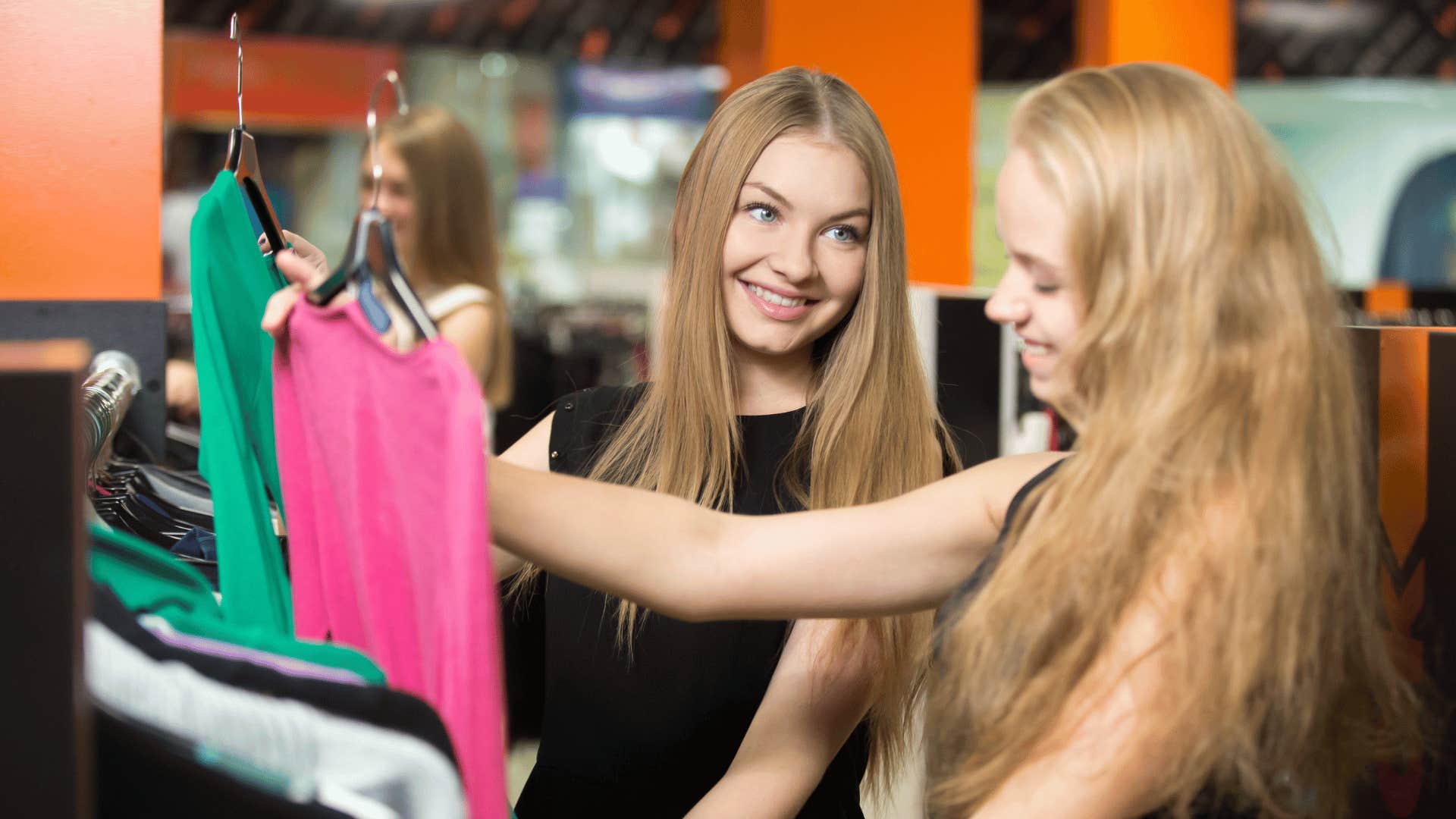 fizkes | Shutterstock
fizkes | Shutterstock
Having access to wealth and financial stability often means that you're given opportunities that people without money don't have. Popular kids often come from well-off families, which means they have disposable income to buy expensive clothes, go on vacations, and drive fancy cars, all which are status symbols.
If you came from a family without the level of wealth that the popular kids have, you probably didn't have extra money to spend. That financial imbalance kept you on a separate playing field from the popular kids. You weren't skiing in Aspen or going on Caribbean cruises. That division in social class kept you out of the social circles that the popular kids ran in.
4. You were introverted
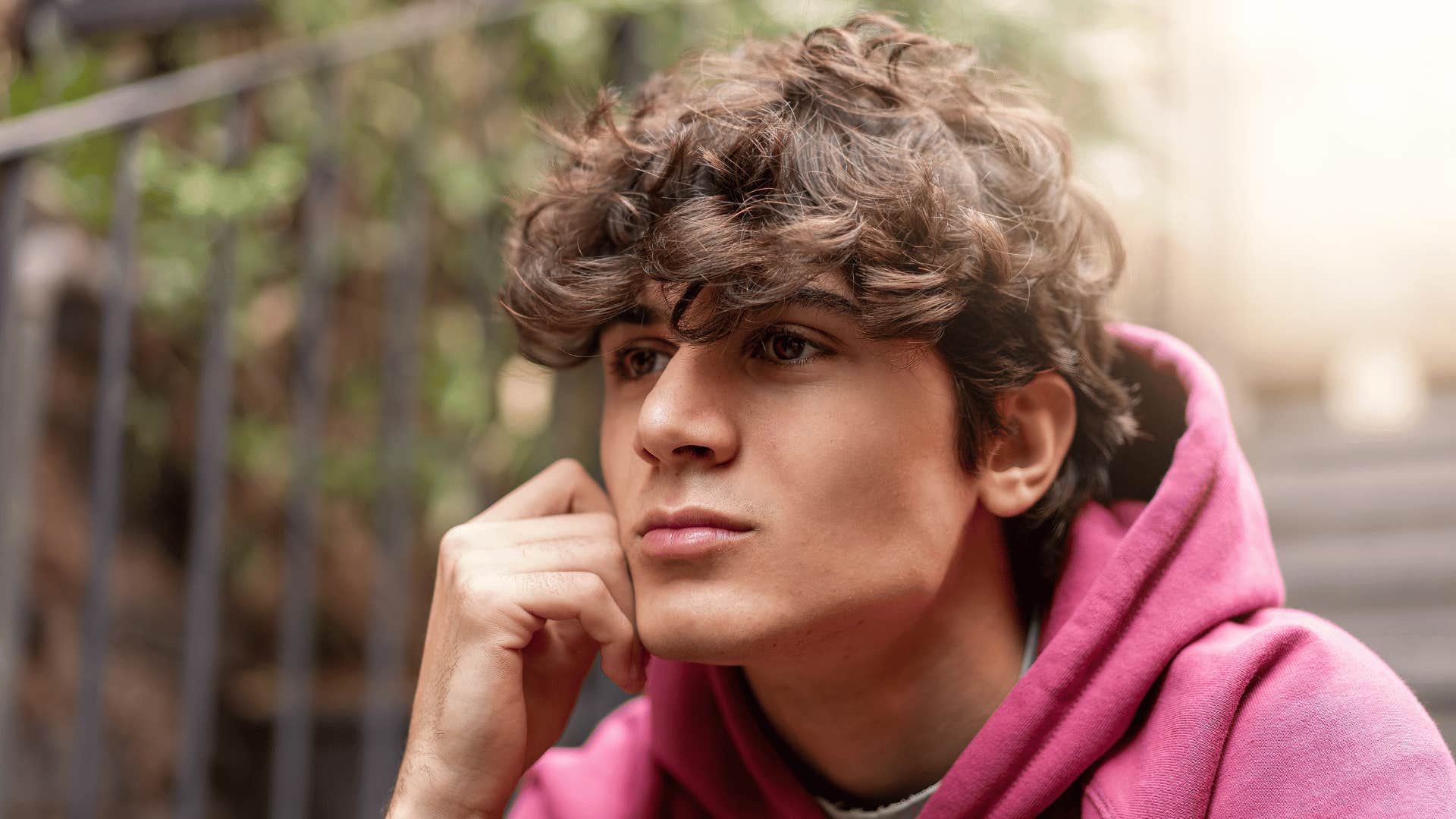 Lomb | Shutterstock
Lomb | Shutterstock
Having an introverted personality is another possible reason you didn't get along with the popular kids in school. Being an introvert means you focus more on your internal emotions than external stimulation. While popular kids generally have a wide network of friends and acquaintances, introverts usually have a smaller friend group.
Around 25-40% of the population are introverts, yet there are common misconceptions about what being introverted means. Introverts aren't anti-social, they just require a lot of time on their own to recharge after being in a highly-energized environment.
Being introverted is different from being shy. Shyness is a form of social anxiety rooted in a fear of being judged, while introversion can be classified as a tendency toward independence.
As an introvert, you probably felt more comfortable hanging out with close friends, as opposed to going to parties that the popular kids threw, which is why you didn't get along with them in school.
5. Your values didn't align with theirs
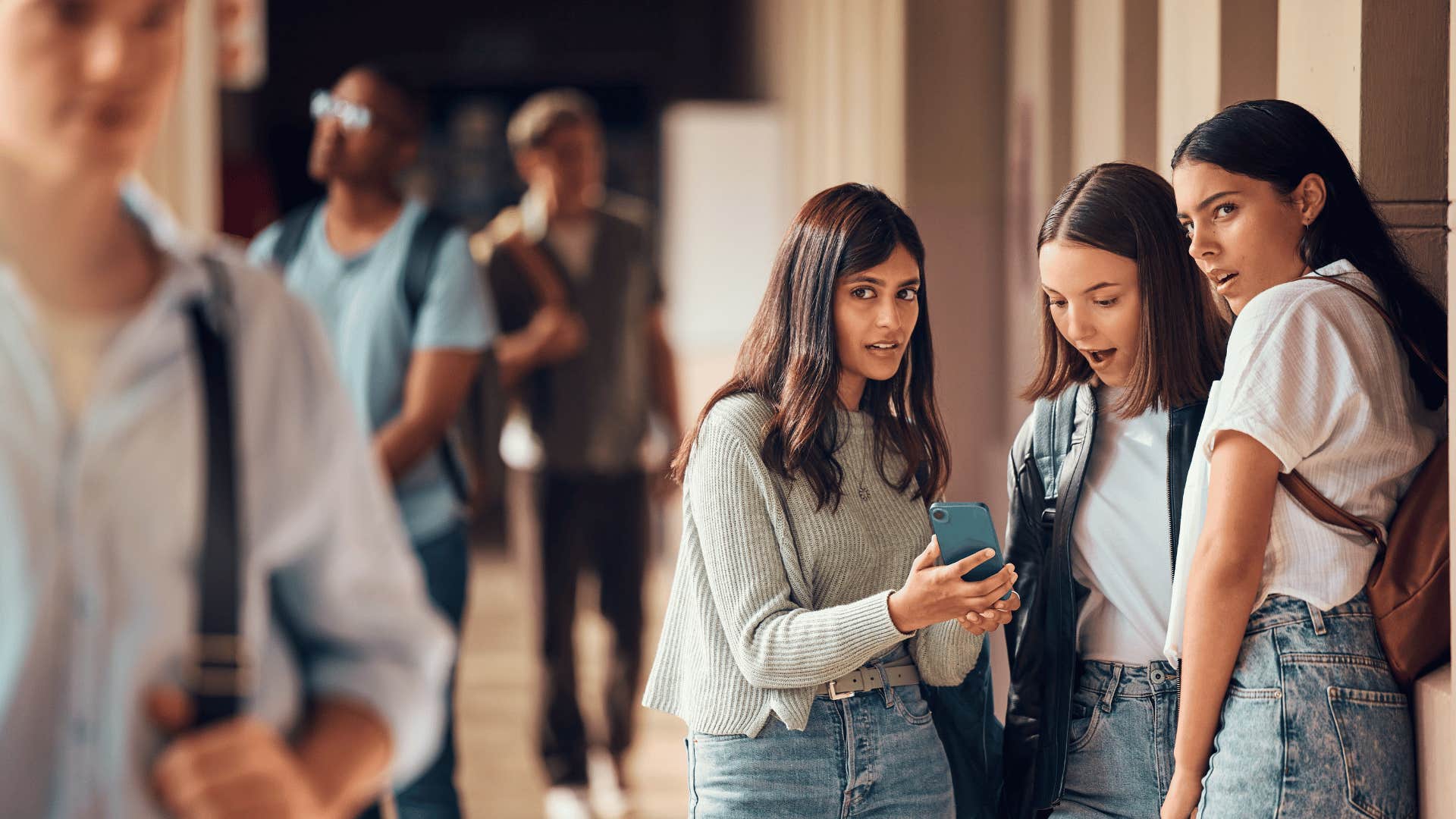 PeopleImages.com - Yuri A. | Shutterstock
PeopleImages.com - Yuri A. | Shutterstock
We often build friendships with people who have similar moral beliefs to our own. If you didn't get along with the popular kids in school, it's possible that you had misaligned values.
Popular kids often center materialism and social status over making deep, long-lasting connections. They might wield their power by excluding other kids or leaning into bullying behavior.
If your moral compass placed kindness over feeling superior, it's likely that you didn't get along with the popular kids in school. The friends you had likely reflected the values you held, as it's hard to genuinely like someone who acts in ways you disagree with.
6. You rejected conformity
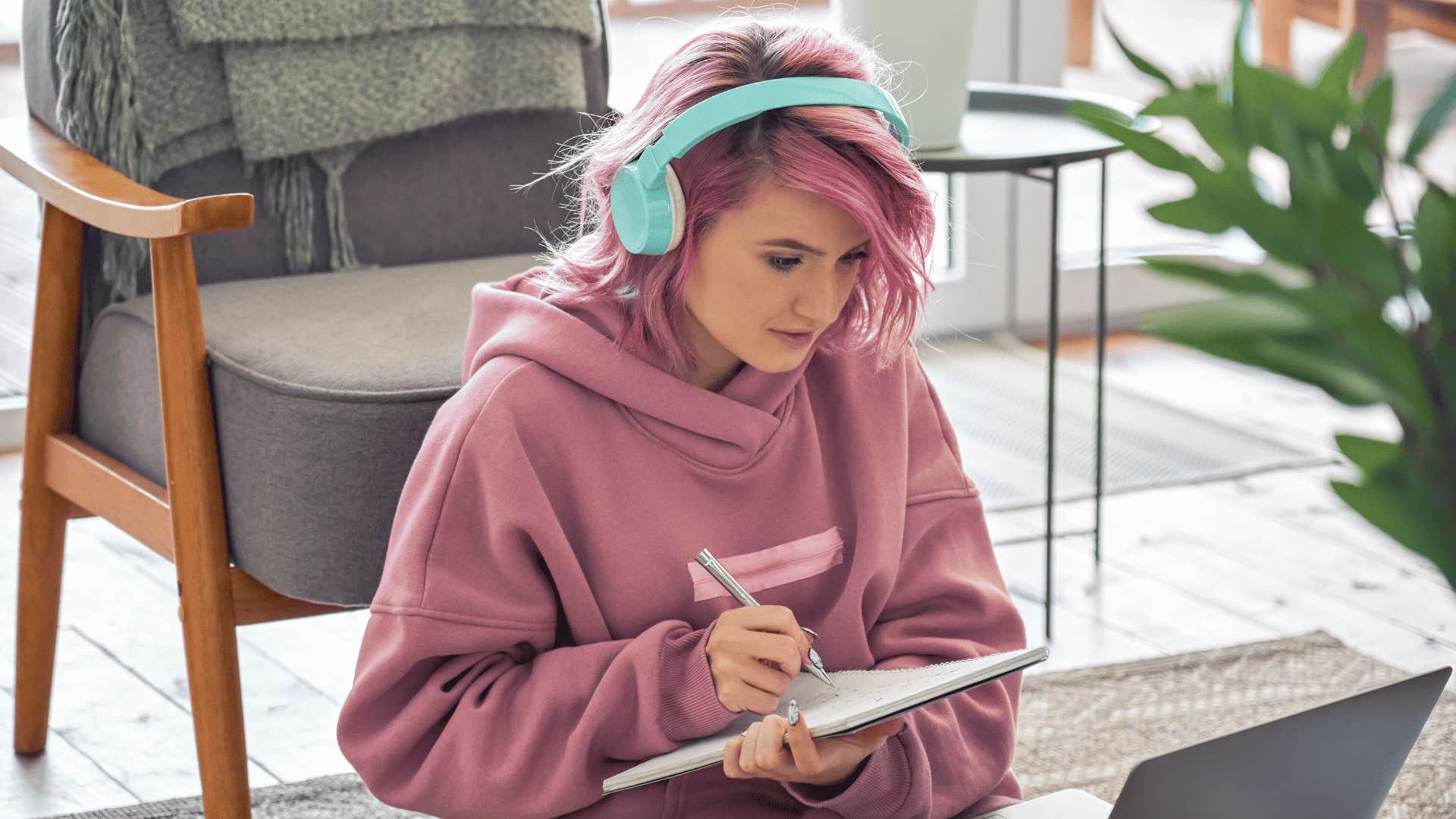 Ground Picture | Shutterstock
Ground Picture | Shutterstock
Being popular is often built around having a unified sense of style and following the latest trends. In high school, clothes serve as a marker of status, and the divisions tend to be very rigid. It's possible that you didn't get along with the popular kids because you didn't want to conform to their style or ideas.
You might have rejected social conformity outright and made choices that differentiated you from them. Maybe you were a punk or a skater or a theater kid, as opposed to being a football player or a cheerleader.
You chose to align yourself with other kids who existed along the social margins instead of the ones who won prom king and queen. It's not that you didn't fit in, it's that you fit into your own group, which is entirely valid in its own right.
7. You had social anxiety
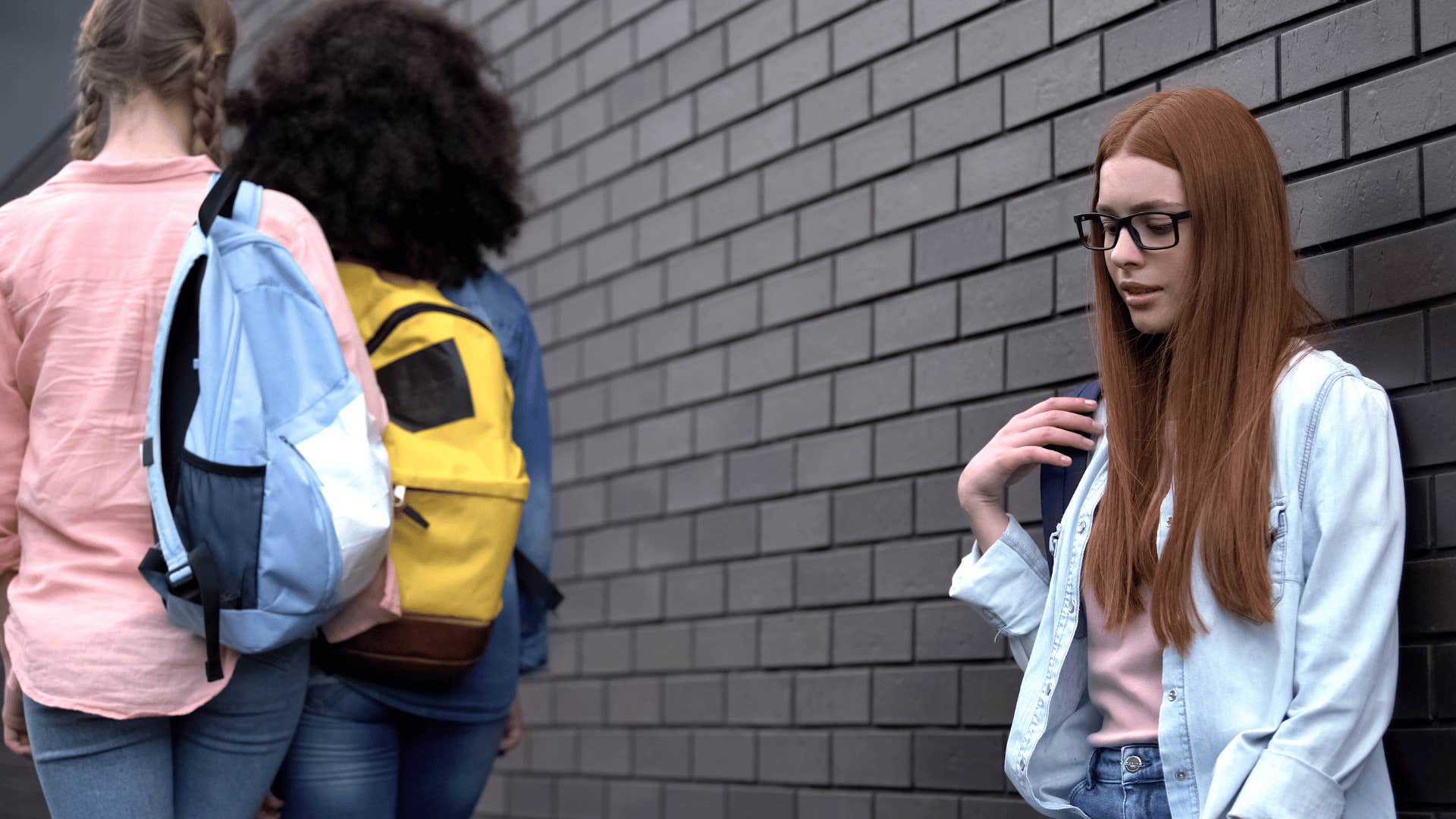 Motortion Films | Shutterstock
Motortion Films | Shutterstock
Having social anxiety is another reason you might not have gotten along with the popular kids in school. The National Institute of Mental Health classifies social anxiety as the "persistent fear of being watched and judged by others."
Social anxiety disorder exists along a spectrum, meaning it can be minor or it can feel like it controls your entire life. You might worry about social situations long before they occur, and you might even avoid certain activities because your fear of being rejected is so strong. You might freeze up when you feel singled out or struggle to speak in front of large groups.
Having social anxiety can make you feel highly self-conscious, which makes it difficult to be around people you don't know very well. If you experienced significant anxiety around other people, it's likely that you didn't get along with the popular kids at school, as being a social butterfly is often a requirement for popularity.
8. You prioritized different things
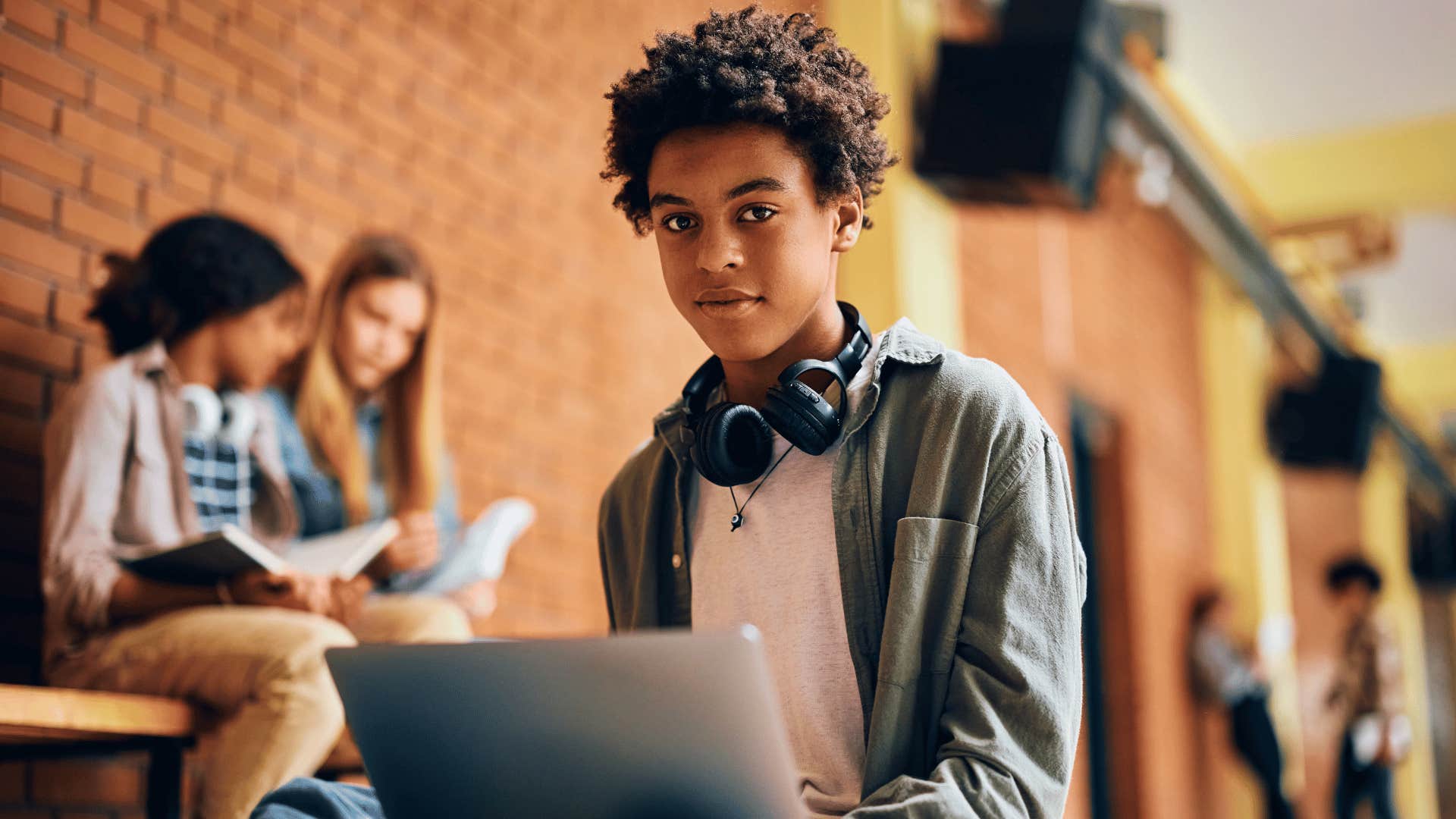 Drazen Zigic | Shutterstock
Drazen Zigic | Shutterstock
In the same vein as having different values from the popular kids, you might also have had different interests and priorities.
Popularity is often determined by being an athlete, which means if you weren't into sports, you probably didn't get along with the popular kids in school. You might have placed more importance on your academic pursuits than they did, or chose to be involved in activities that weren't stereotypically associated with being popular, like being on the debate team or the school newspaper.
Your choices weren't any more or less valid than how the popular kids spent their time, they were just different, which is why you didn't get along with them in school.
9. You lacked access to their social scene
 Zadorozhna Natalia | Shutterstock
Zadorozhna Natalia | Shutterstock
Because maintaining social status is the focal point of popularity, you might have been overlooked by the popular kids because you didn't run in the same circles as they did. They might not have invited you to their parties or asked you to hang out. If you didn't have access to their social scene, you didn't have the chance to connect with them outside of school, which meant you felt isolated from that group.
In high school, so much of the way that the social hierarchies work are out of our control. Yet high school only lasts for a finite period of time, which means that graduating sets you free from high-pressure social expectations.
The older people get, the less important popularity is, which means that who you hung out with as a teenager doesn't matter anymore.
Alexandra Blogier is a writer on YourTango's news and entertainment team. She covers social issues, pop culture analysis and all things to do with the entertainment industry.

